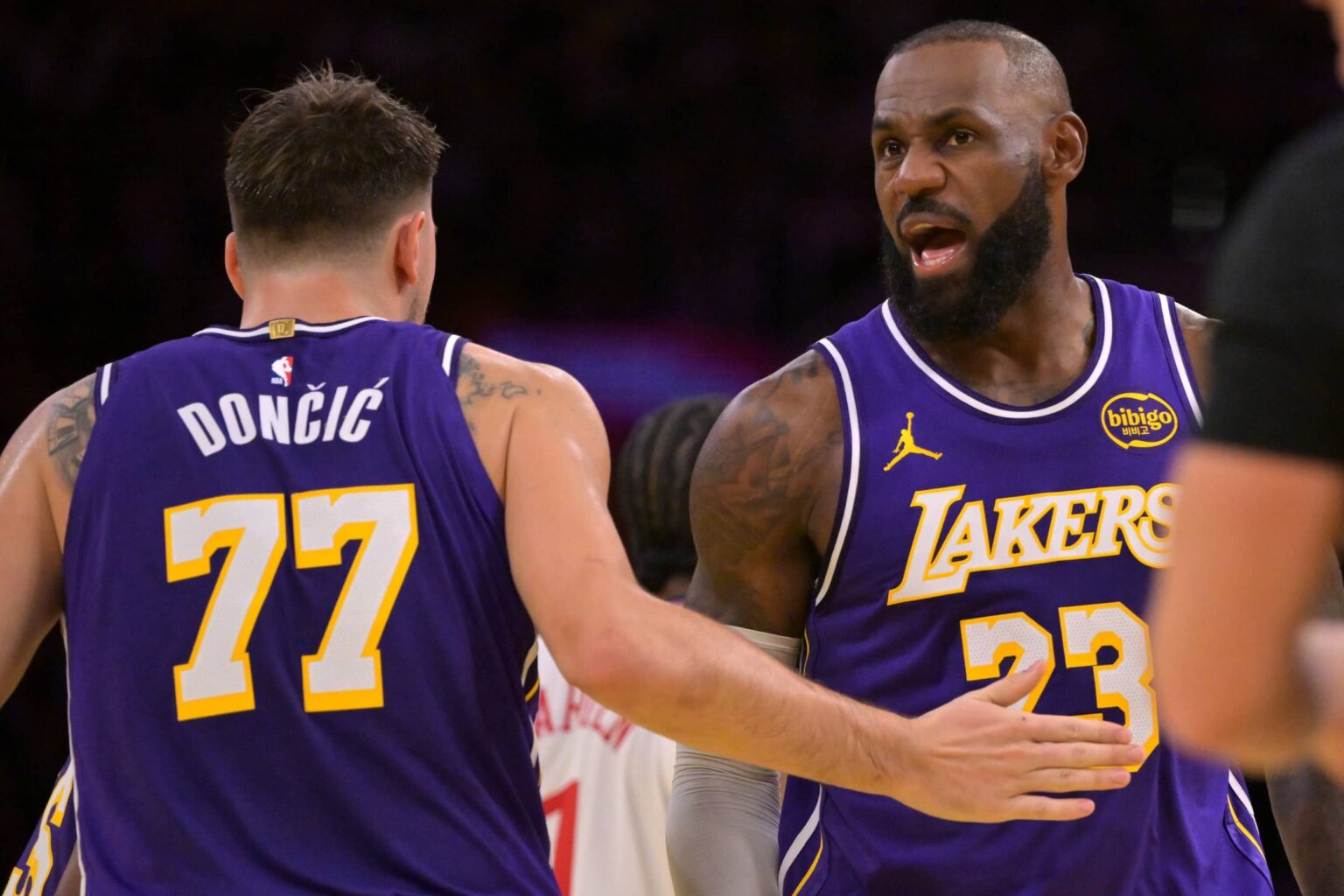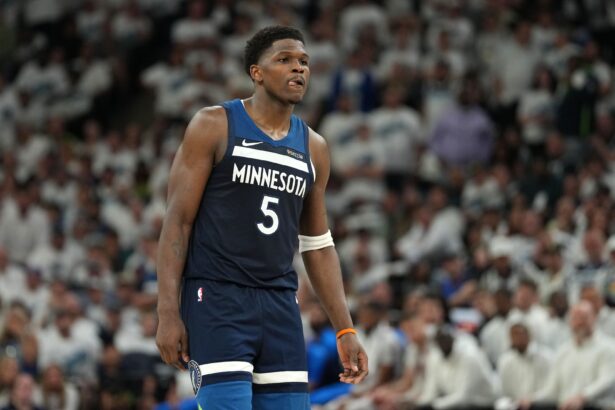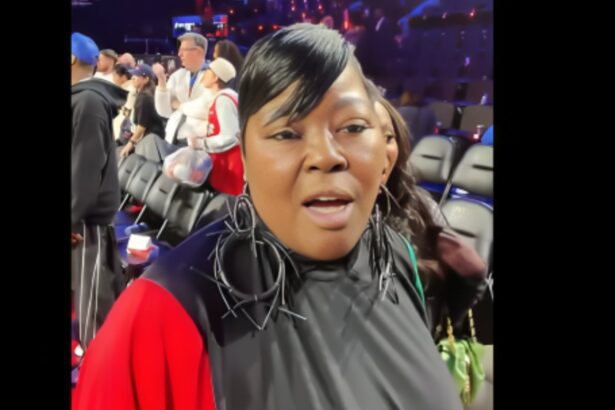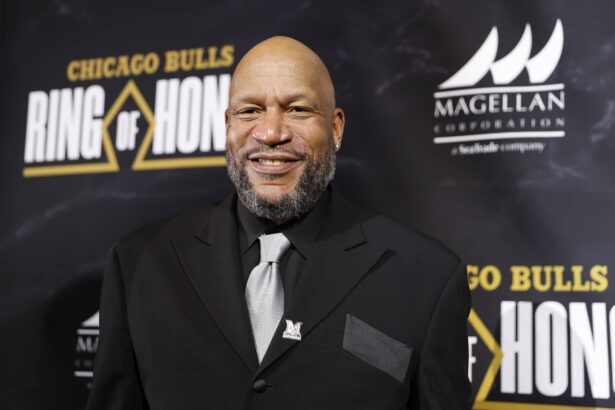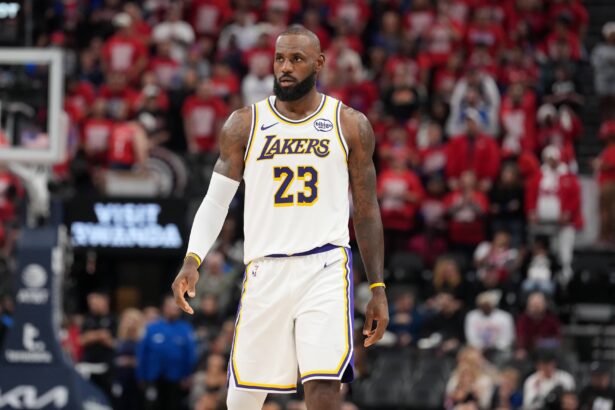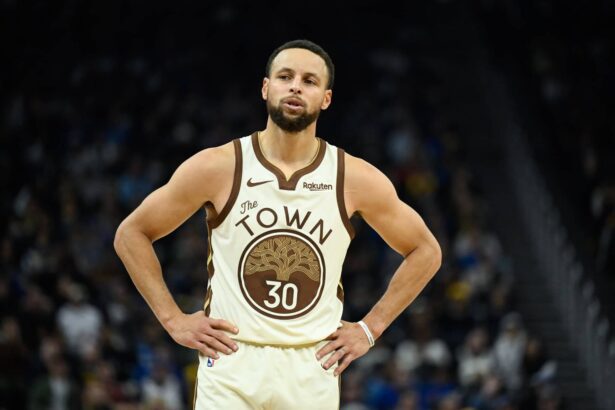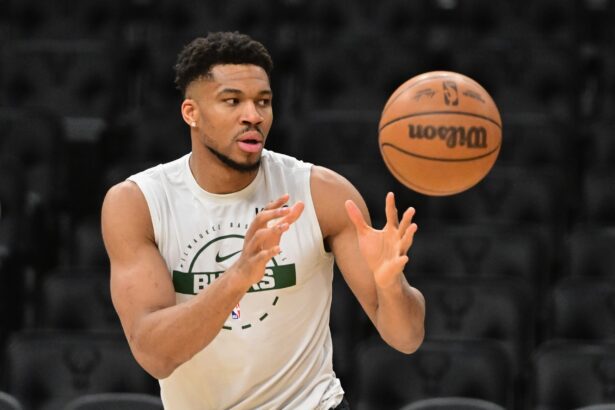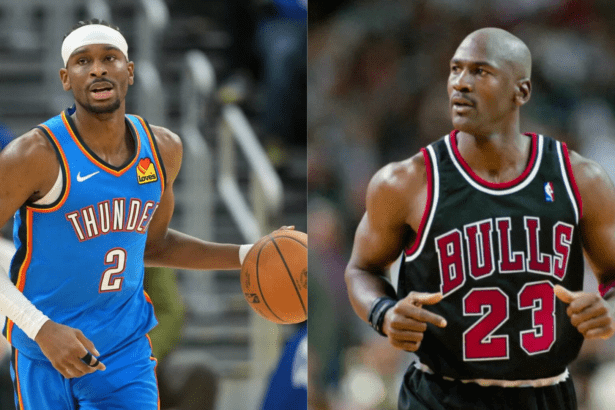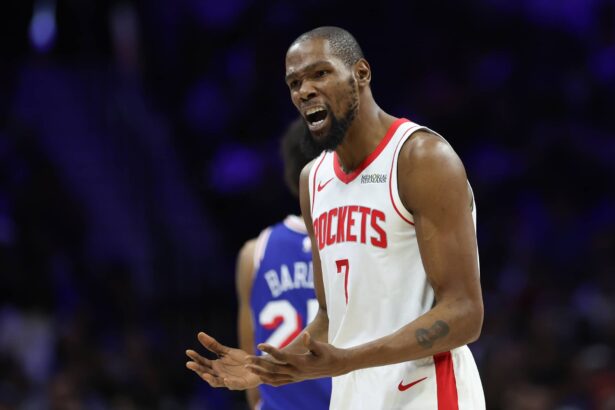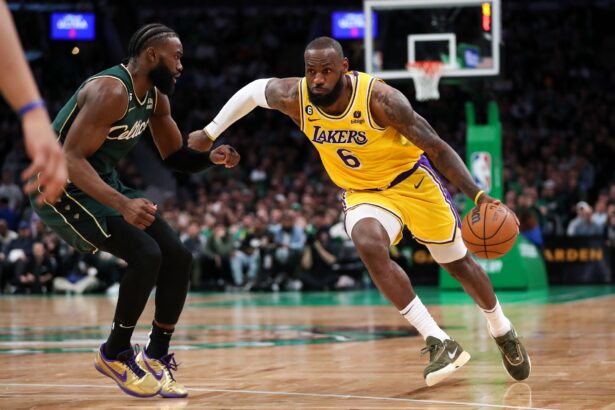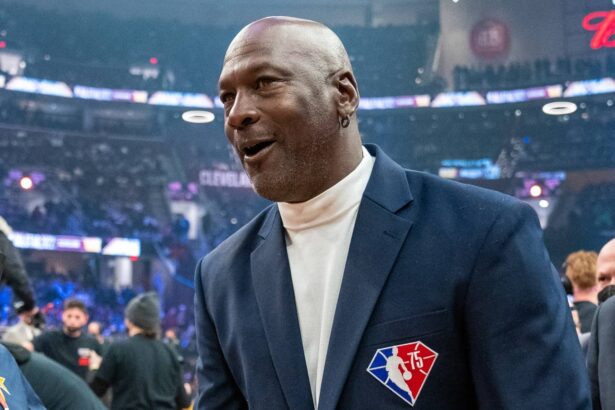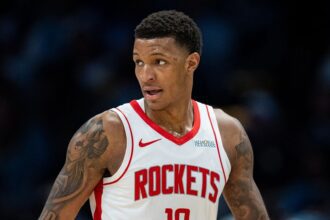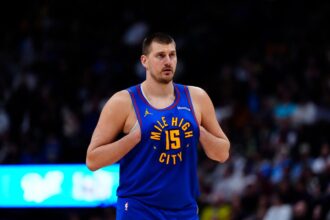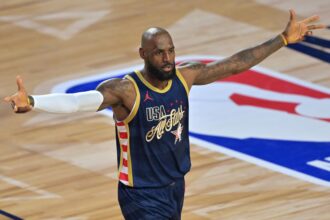LeBron James has spent more than two decades shaping teams around his strengths. Yet on the latest episode of Mind The Game, LeBron made it clear that at this stage of his career, he only has one goal: doing whatever it takes to help the Lakers win.
When Steve Nash asked him about his role this season, LeBron didn’t hesitate. He called himself a ‘Swiss Army knife,’ an appropriate term for a player who can do everything.
“It goes without saying, I’m a Swiss Army knife. So that’s spotting up, getting the ball from Luca or AR. If that’s setting pick and rolls in transition, if that’s slipping pick and rolls in transition, if we want to slow the game down in the half court, we want to get some post-up action to be able to create triggers.”
“Whatever the case may be, I think you know what JJ and the coaches have done so far, we playing exceptional basketball with so many injuries so far. Obviously, me being one of the injuries that we have, but whatever demographic, however the pie shapes itself offensively, how we want to play, and how they want me to implement myself into the role of the team.”
“Listen, all I care about is winning. I’ve done everything in my career and including winning, and I want to continue that. So I will very easily just fit myself right on in and whatever capacity the team needs me to be in.”
His production since returning from injury shows how smoothly he has embraced the shift. LeBron is averaging 17.7 points, 8.7 assists, and 5.0 rebounds while shooting 52.5% from the field and 33.3% from deep. The volume is lower, but the efficiency and the decision-making remain elite.
With Luka Doncic carrying a massive 36.6% usage rate and Austin Reaves at 28.0%, LeBron’s usage rate is down at 21.9%. He operates in a supporting rhythm instead of the all-consuming offensive role he occupied for years.
This version of the Lakers works because LeBron has no hesitation about letting others drive the offense. Luka is playing at an MVP level, and Reaves has become a reliable secondary creator. LeBron’s narrower role has allowed him to focus on connecting the roster, anchoring transition breaks, initiating late-clock possessions, and making sure the team remains organized on both ends.
The Lakers’ early success reflects that balance. They are 13-4, sitting near the top of the West, and have found a formula that doesn’t require LeBron to carry the load for long stretches. His presence lifts the group, but the system no longer depends on him emptying the tank every night. JJ Redick has designed an offense that flows around multiple creators, and LeBron has adapted exactly the way he said he would.
For a player used to being the centerpiece, his willingness to scale back speaks volumes. It shows a commitment to longevity, but more importantly, a commitment to winning. And with the Lakers playing some of the sharpest basketball in the conference, that mindset is as valuable as anything he does on the floor.

